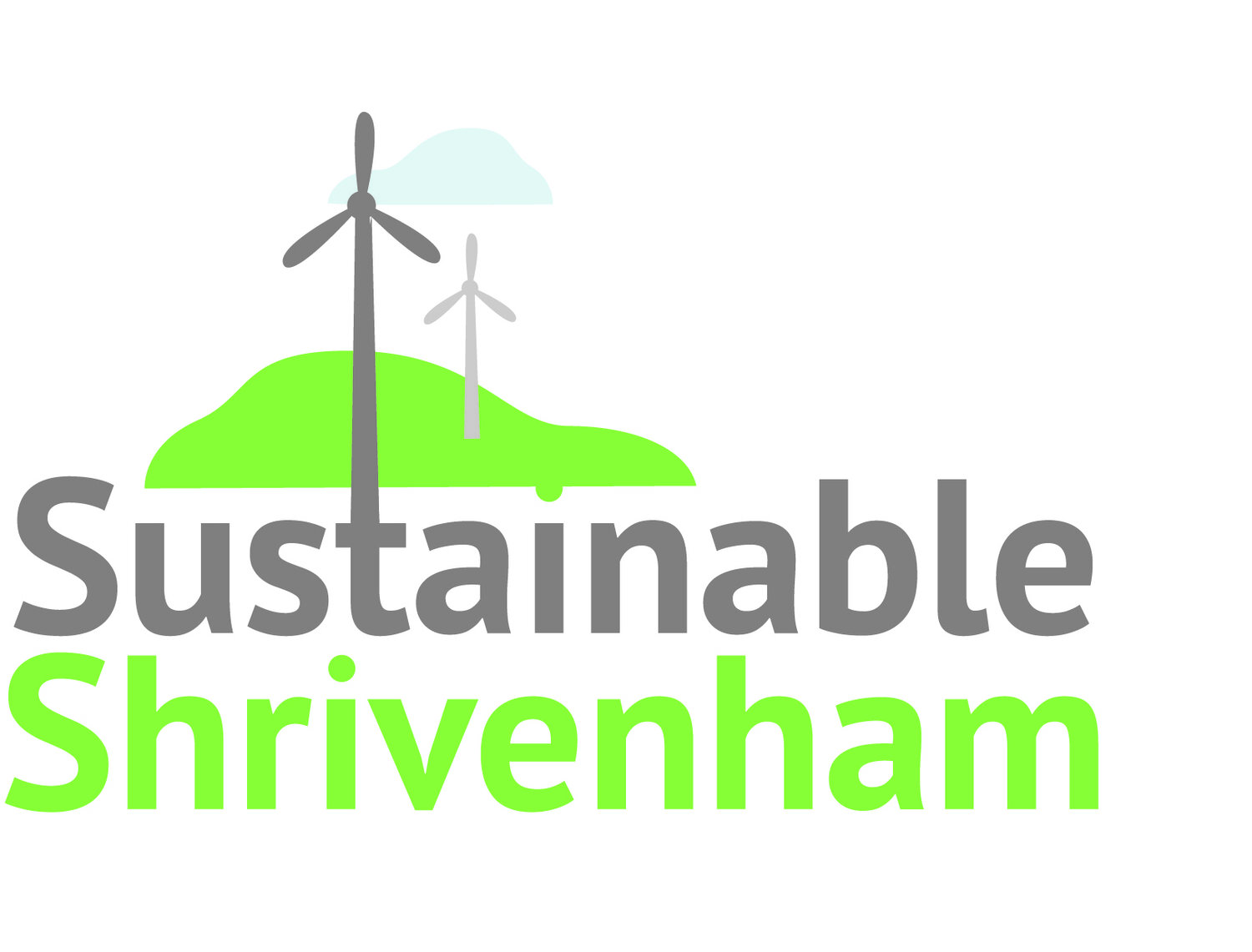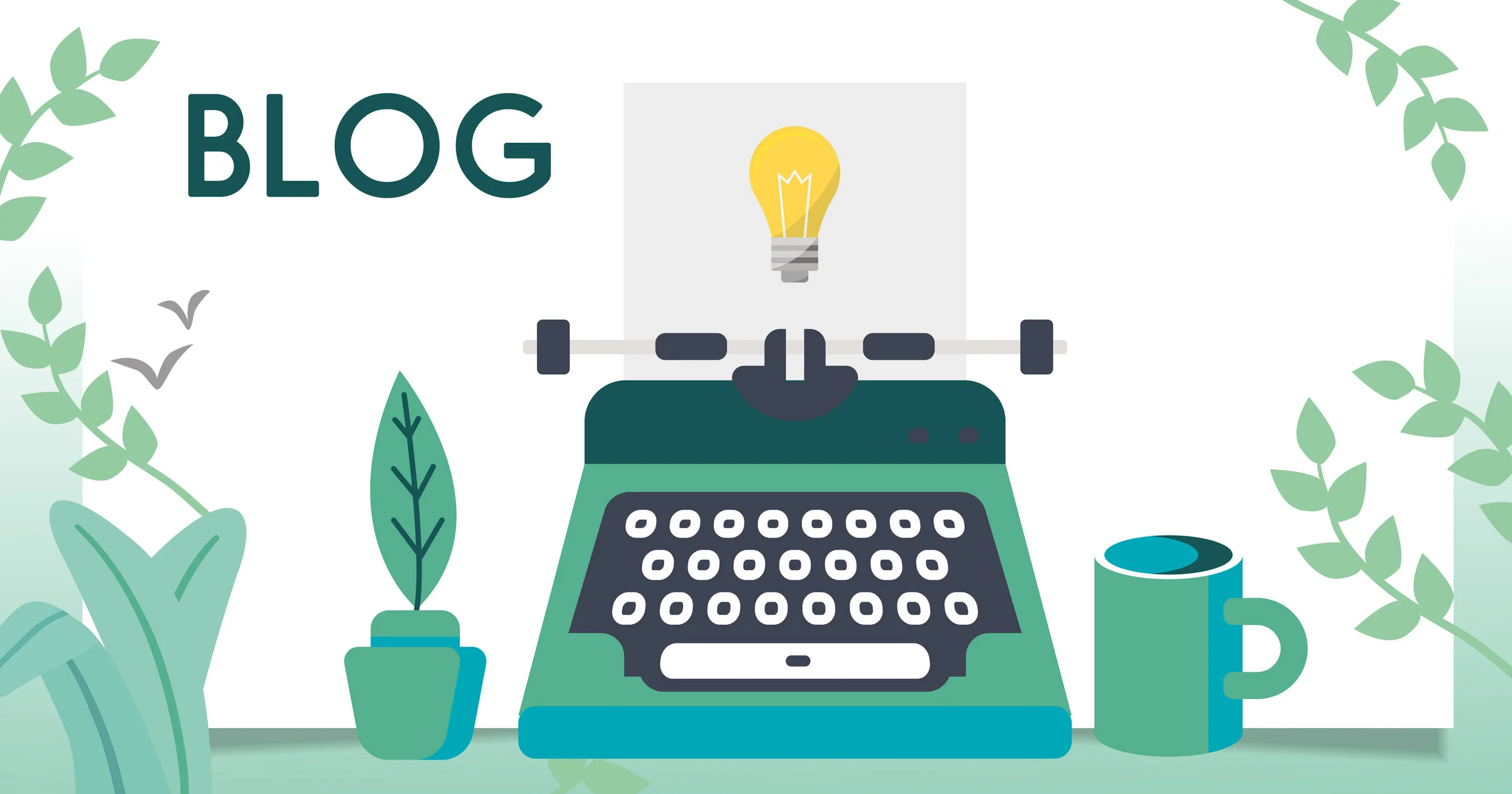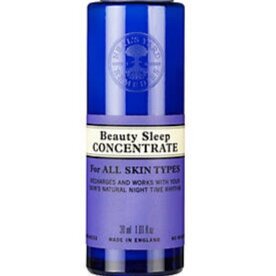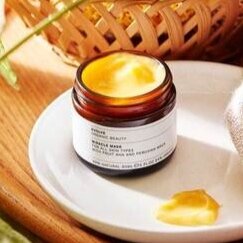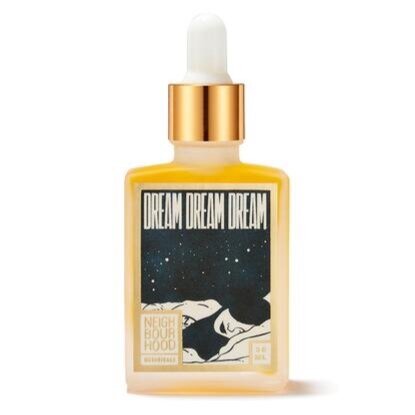During the menopause it is not uncommon to experience mood swings, irritability, forgetfulness, sensitivity and even depression. Then there are physical symptoms – hot flushes, night sweats, being unable to sleep, umpteen trips to the loo in the night.
To add insult to injury we sometimes get spots and those horrible sore lumps referred to as blind boils.
Not surprisingly bad skin on top of the hot flushes, mood swings, interrupted sleep and greying hair means we feel generally unattractive.
In this blog Kathy, from the Sustainable Shrivenham team, explores some tips to help you keep your skin looking healthy and radiant to improve your mental wellbeing during this challenging life stage.
Skin
Usually by the time we reach our 40s, 50s and 60s we think we know our skin type and our preferred cleansing/moisturising regime. Then our oestrogen begins to decline and we have new skin and body challenges to take care of, similar to the challenges of adolescence and pregnancy.
As we age the collagen decreases along with the fat under our skin. The result? Skin lines become deeper and firmness can be lost. Our skin produces less sebum (sebum is a group of complex oils which naturally lubricate the skin) and this also contributes to dryness and skin tone becoming less “radiant”.
So it’s a time to nurture your skin; face balms and spritzes made from natural essential oils can be a great bonus. There are many vegan options on sale and if you want to check if your beauty products are vegan this is a good reference document:
https://www.peta.org/living/personal-care-fashion/completely-vegan-beauty-and-body-product-brands/
There are many UK based companies who produce vegan creams for the more mature skin:
Neals Yard Remedies Organic have their Frankincense Range and also the Beauty Sleep Concentrate.
Neighbourhood Botanicals Dream Dream Dream Night Oil
Hertfordshire based Evolve also have several options
Face Yoga
Take time to massage your face as it’s like a face workout or yoga session. Elastin and collagen are the main structural protein components of the skin. Elastin is about a thousand times more flexible than collagen. It lends elasticity to the skin tissue.
There are many links on the internet but some simple exercises are
Baby bird - To prevent your chin and neck from sagging
Press the tip of your tongue to the roof of your mouth, then smile and swallow while pointing your chin at the ceiling.
Get cheeky - To firm your cheeks
Take a big breath through your mouth, then puff the breath from cheek to cheek like a bullfrog; then release.
Surprise me - To smooth your forehead
Widen your eyes, trying to expose as much of the white in your eye as you can. Hold that until your eyes start to water.
I expect most of you have pulled these faces at babies – and didn’t realise you were practising facial yoga!
Diet
A healthy diet is also a key factor in maintaining the skin’s radiance. We have all read how we should avoid processed foods, animal fats, hydrogenated oils, excessive sugar, salt, dairy and reduce caffeine and alcohol intake. The list is long and a bit of a big ask!
For vegans/vegetarians, additional mineral and vitamin supplements are essential at any time of life but probably more so in the menopause.
https://www.nhs.uk/live-well/eat-well/vegetarian-and-vegan-diets-q-and-a/
https://www.naturespath.com/en-us/blog/the-top-5-deficiencies-on-a-plant-based-diet/
Some of the more essential requirements are
B12
Vitamin D
Calcium
Iron
Vegan Fish Oils for Omega 3 – there are many products on the market, but I have personally just discovered Vegums - they are like eating gummy bears and taste of orange rather than fish!
Try to introduce herbal teas, seeds such as sesame, flaxseed, sunflower and pumpkin, berries, green leafy veg, tofu, soya, edamame beans and seaweed to your diet.
Increasingly, fermented foods such as kimchi, saukraut, kombucha and live yoghurt are becoming popular but I must admit this is not an area I have explored…. yet!
Essential oils
But, back to essential oils. Essential oils are natural healers and are often used in the concept of holistic healing; the belief is that you should treat the whole person; body and mind (spirit/soul). That, if you are relaxed you may more easily be able to let go of the toxins that are “poisoning” your body.
How essential oils are blended and how to use them is a huge subject which can easily be researched through books and the internet. They are readily available from health shops and specialists such as Doterra and Neals Yard Organic Remedies.
Wherever you choose to source your oils from, bear in mind that a natural, organic, sustainably sourced oil will be more expensive – but it will be more effective and will go further as it will not be bulked out with synthetic ingredients and fragrances.
So do spend time researching the company you choose to buy from. Also remember, its all in the name and authentic essential oils list the botanical name on the label, along with its country of origin and the distillation/packing date.
There are many ways to use oils; inhalation, absorption into the skin e.g. through a massage (whole body or just on your pulse points), in your bath water, as a compress, in a candle or diffuser or within ointments, salves and oils.
But please remember that essentials oils should never be taken internally without the advice of a professional practitioner.
We nearly all know that lavender is renowned for its deeply relaxing properties, but what about other common herbs/oils. There are too many for me to list so please do your own research on the internet.
Dill
– a natural antiseptic, dill also aids restful sleep, helps relieve tension, anxiety and depression.
Cinnamon
- balances emotions and can be uplifting when included in a room scent – maybe that is why it is used a lot at Christmas! To help us cope with the stress of cooking, present wrapping etc.
Bergamot FCF (bergapten-free)
- as well as enhancing the mood is useful when the body overheats, so can be used in a cooling compress.
Star-anise
- promotes restful sleep through its sedative action which slows the heart rate – useful if you are prone to waking in the night and then not being able to get back to sleep as your mind races around a million and one problems which always seem so much worse at night.
Geranium
– cooling and helps to balance emotions; can help relieve menopausal symptoms such as hot flushes and urinary tract infections. Geranium is one of my favourite scents/oils as it works well in so many combinations.
Chamomile
- relaxing and calming
Vetiver
- renowned for its ability to help you drift off naturally
Mandarin
- Warming, soothing and relaxing before bed
I’ve only mentioned a few but there are a multitude to try and to enjoy.
You need to dilute essential oils with a base/carrier oil before use and these are usually derived from a vegetable, nut or seed source, e.g. argan oil, coconut oil, flaxseed oil, sunflower oil, evening primrose, rosehip, grapeseed or wheatgerm – but there are many more, all with their own unique properties
If this has piqued your interest – please use the internet and the local library to do some research before investing in some essential oils. T
here are many prepared tonics and supplements on the market – research the internet to find one that suits your taste, needs and finances e.g. .g. Neals Yard Remedies do a ready mixed Night Time Blend (lavender based), Women’s Balance Blend (geranium and rose based) and Optimism Blend (grapefruit and jasmine based).
In this short article I have just referenced some oils and companies that I have been happy with. But If you think you might want to take nutritional supplements, please do your research and/or get advice from a qualified aromatherapist, dietitian, doctor or pharmacist, especially if you are taking regular medications. Take care to check all products for allergens and contra-indications.
